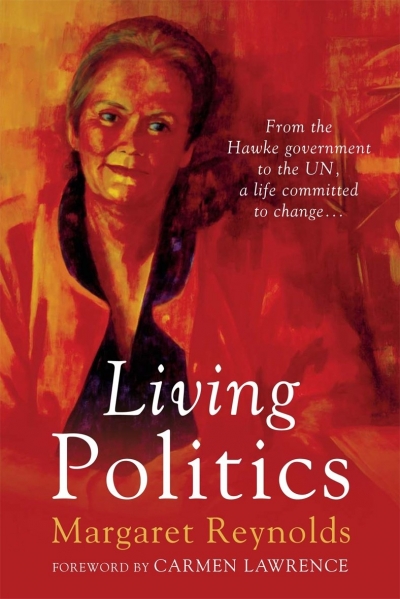Archive
One of the National Library’s newest treasures, and probably its most significant acquisition in the past twelve months, is a small theatre playbill printed in Sydney and dated 30 July 1796. At 211 years old, it is the earliest surviving document printed in Australia. The playbill was presented by the prime minister of Canada, Stephen Harper, to the then prime minister of Australia, John Howard, at a ceremony held at Parliament House on 12 September 2007. It advertises performances of three plays at the ‘Theatre, Sydney’: Jane Shore; The Wapping Landlady; and The Miraculous Cure.
... (read more)Meanjin, Vol. 66, No. 4 & Vol. 67, No. 1 edited by Ian Britain & Griffith Review 20 edited by Julianne Schultz
Patrick Allington (May 2008) astutely discerned an essential characteristic – I consider it a flaw – of The Best Australian Political Writing 2008, which was edited by Tony Jones of the ABC. He did not quite nail it down, however: I think that the book would have been better described as the ‘best’ political journalism because that, overwhelmingly, is what it really is (furthermore, it is exclusively print journalism). It completely lacks academic, or what one might term ‘reflective’, writing. That is part of the reason why, as Allington correctly insisted, some of the pieces are dated and, indeed, remain rather flat on the page.
... (read more)What does the Australian accent really say about us? It was, somewhat unexpectedly, during a screening of Jane Campion’s Holy Smoke (1999), starring Kate Winslet as a young Sydney woman called Ruth, that I first became preoccupied with this question. As I watched Campion’s follow-up to The Piano (1993), it struck me that Winslet’s Australian accent was so damned perfect that an explanation was mandatory. I mean, Winslet could even sigh like an Aussie.
... (read more)






